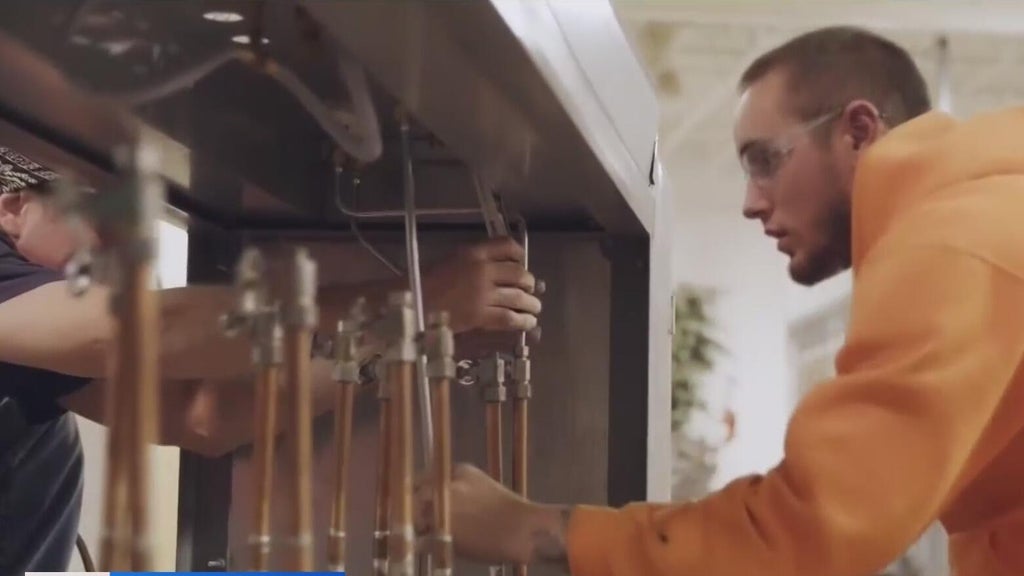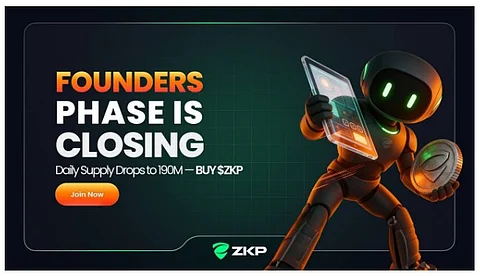
Labor Day 2025 highlights a shifting landscape in the job market, particularly impacting the white-collar sector. As companies increasingly integrate artificial intelligence into their operations, many high-paying jobs are at risk of being eliminated. In contrast, blue-collar positions are experiencing a resurgence, demonstrating resilience in an AI-driven economy.
At Los Medanos College in Pittsburg, California, the focus is on equipping students with hands-on trade skills tailored to modern industries. Jeff Andre, an instructor in the school’s Process Technology program, emphasizes the limitations of technology. “You can’t build a machine that can think like a human, act like a human, or look out for each other like humans can,” he stated. “You need people to operate that.” His insights reflect a growing concern that while AI aims to replicate human thought, it cannot replace human interaction and judgment.
The tech industry is rapidly evolving, with a notable shift towards digital workers. Mark Benioff, CEO of Salesforce, shared his perspective on this transformation during an appearance on the Logan Bartlett podcast. He noted, “We’re now providing digital workers, you know, digital labor. And that is, like, the huge awakening that this is a new, exciting world.” Benioff cited productivity gains from AI assistants, indicating that Salesforce may not hire new engineers in the coming year as a result.
This trend poses challenges for engineering graduates, who are finding it increasingly difficult to secure employment. According to Michael Bernick, a workforce consultant and former head of California’s Employment Development Department, the job market for graduates is discouraging. He pointed out that more than half of college graduates in California are currently employed in positions that do not require a degree.
Bernick warns that white-collar professionals are particularly vulnerable to the rise of AI technologies. “The narrative of past Labor Days, over the past 50 years, has almost entirely been one of our blue-collar decline,” he explained. “Those jobs are making a comeback. And the important thing about those jobs is that they can’t be replaced by AI.”
Historically, there has been a societal push toward four-year university degrees, often at the expense of vocational education. Bernick attributes this to what he terms the “Education-Industrial Complex,” which has contributed to a stigma against blue-collar jobs. “The problem is still, I think, the prejudice of many people against blue-collar jobs,” he stated, “even though these jobs provide more valuable, direct, helpful services to people than many other jobs.”
The evolving job market underscores the importance of learning a trade or skill. Jeff Andre advocates for alternative pathways to success, saying, “We’re really trying to reach people of all ages right now to say, you don’t have to sign up for a four-year school if that’s not your thing. Learn a trade. Learn a skill. Because if you do learn a trade or a skill, you can take it anywhere.”
The impact of the COVID-19 pandemic has compounded job losses across various sectors, with AI being just one contributing factor. As the world adapts to these changes, the value of hands-on skills appears to be increasing, offering a viable path amid uncertainty in the workforce.







